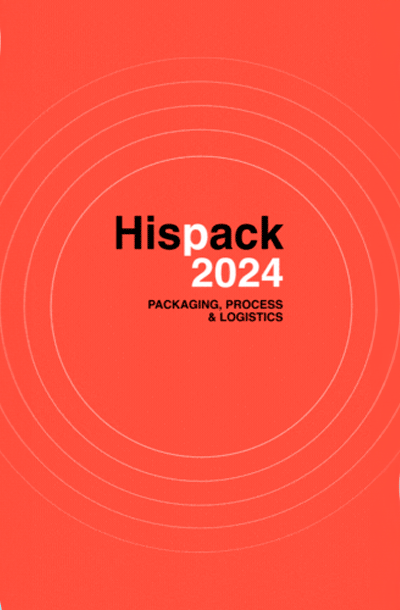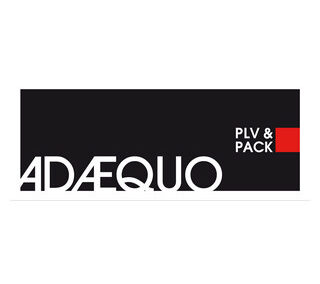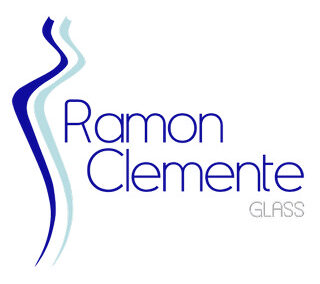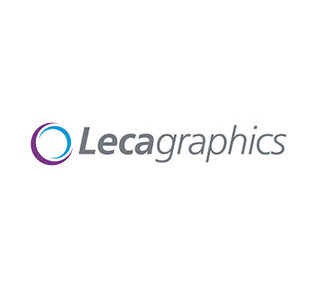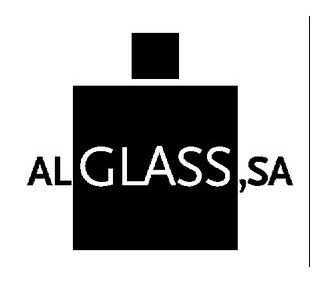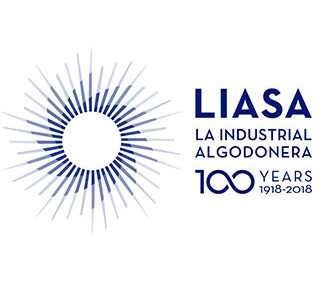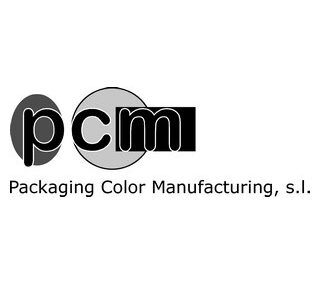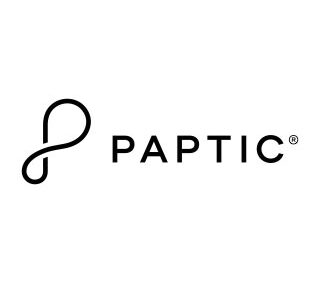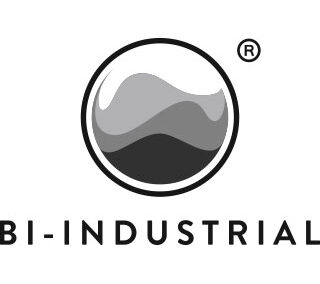The Congress, organized by EHEDG (European Hygienic Engineering and Design Group) and ainia technological center, has verified that a good hygienic design of any installation, equipment or machinery that is in contact with food is an essential strategy to avoid the growth of harmful microorganisms for health and its transmission to the food chain.
Held on November 7 and 8 in Valencia, it brought together more than 260 representatives of the Spanish and international food industries and manufacturers of facilities and equipment, who shared experiences related to food processing and packaging, with the aim of contributing to the placing on the market of healthier products with a longer useful life.
Within the framework of the Congress, ainia presented the advances in research related to the development of materials with functional properties that contribute to improving food safety and food quality through hygienic improvement in food facilities. It involves the incorporation of nanoparticles in materials used in food processing facilities such as plastics (PP or PET type) and stainless steel, giving them bactericidal properties that allow them to act against pathogenic bacteria, which could be harmful to human health, and slow down its growth.
Research has proven that MgO, ZnO, CaO, Ag and CuO nanoparticles, integrated in this type of materials, have biocidal properties capable of destroying, counteracting or neutralizing the activity of harmful organisms such as E.coli or Listeria Monocytogenes, among others.





